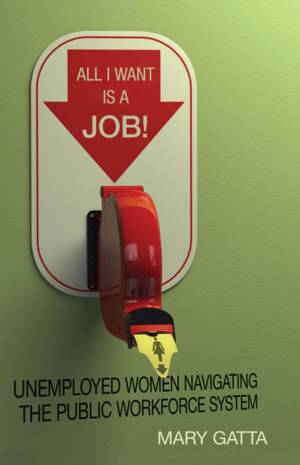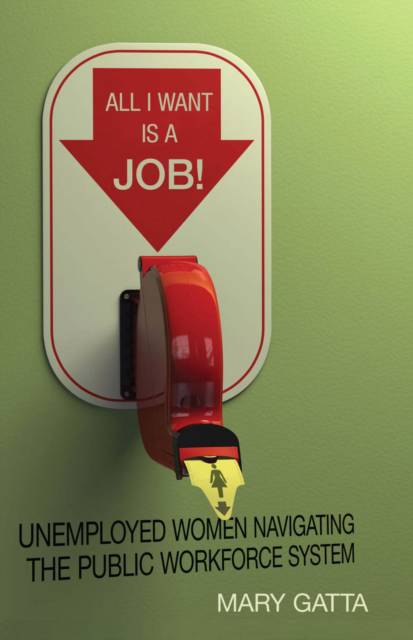
- Retrait gratuit dans votre magasin Club
- 7.000.000 titres dans notre catalogue
- Payer en toute sécurité
- Toujours un magasin près de chez vous
- Retrait gratuit dans votre magasin Club
- 7.000.0000 titres dans notre catalogue
- Payer en toute sécurité
- Toujours un magasin près de chez vous
All I Want Is a Job!
Unemployed Women Navigating the Public Workforce System
Mary Gatta
Livre relié | Anglais
161,45 €
+ 322 points
Format
Description
All I Want is a Job! chronicles and analyzes the experiences of unemployed women as they navigate public workforce system and struggle to survive unemployment during the great recession. Weaving together interviews with the unemployed and the "street-level bureaucrats" who service them, as well as her own experience going undercover in the system, Mary Gatta brings to light the realities of American workforce policy and how it must change in today's economy.
Spécifications
Parties prenantes
- Auteur(s) :
- Editeur:
Contenu
- Nombre de pages :
- 168
- Langue:
- Anglais
Caractéristiques
- EAN:
- 9780804781336
- Date de parution :
- 02-04-14
- Format:
- Livre relié
- Format numérique:
- Genaaid
- Dimensions :
- 157 mm x 229 mm
- Poids :
- 566 g

Les avis
Nous publions uniquement les avis qui respectent les conditions requises. Consultez nos conditions pour les avis.






